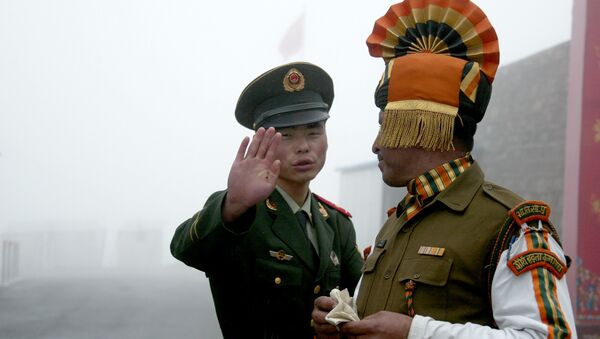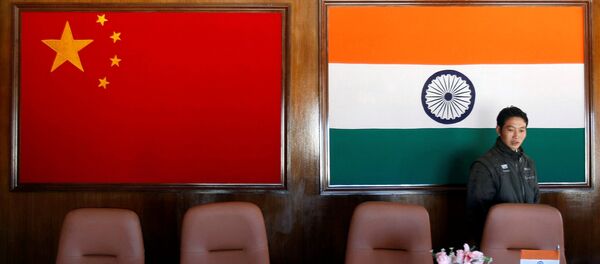Judging by reports in the Indian media, it was India that initiated a dialogue with China on maritime affairs. The mechanism for talks on this issue was launched back in 2016, but the first meeting apparently did not produce the expected results.
Indian website Firstpost said the upcoming talks with China are of the utmost importance, amid recent bilateral dialogues with Indonesia and France.
Discussions involving maritime matters between India and China take on a special significance, first of all, due to the fact that they will take place in the background of the formation of the US Indo-Pacific strategy. The United States invited India, Australia and Japan to participate in it to jointly counter China's growing influence in the region.
However, recently in Singapore at an international conference on security, Indian Prime Minister Narendra Modi formulated his own strategic vision of this new partnership. Unlike the US, he does not believe that the strategy is the only security solution in the region. The prime minister said that he did not believe that this mechanism was directed against any country.
An expert at the Center for Eurasian Studies of the Institute for Topical International Problems of the Russian Foreign Ministry Diplomatic Academy, Andrei Volodin, explained how this new development would affect regional stability.
"The significance of the dialogue is determined by the fact that India is changing its attitude towards China, as it stops to hope and look back at the US in its dialogue with Beijing,” Volodin said.
According to the expert, on the one hand, the US is not interested in the improvement of relations between India and China; on the other hand, a certain and sufficiently influential part of the political circles of India hopes that the United States will help India in its dialogue with China. However, such hopes are dissipating.
An analyst at the Diplomatic Academy of China, Su Hao, believes that security at sea can become a new platform for China's cooperation with India.
“China and India should strengthen ties and exchanges, build mutual trust. Obviously, the so-called Indo-Pacific strategy is directed against China, so an important starting point for the development of the situation in the region will largely be India's decision whether or not to join this strategic mechanism,” Hao told Sputnik.
According to the analyst, the western media claim that the Chinese fleet in the Indian and Pacific Oceans is a challenge and a threat to India. However, India's attitude to this issue is extremely cautious; it indirectly makes it clear that it does not intend to block itself from the US, Japan and Australia.
In addition, China's influence in the Indo-Pacific region has grown significantly in recent years.
“It plays a positive role in the development of the region and maintenance of stability. It contributes to the development of India itself. China does not undermine India's position in South Asia and in Asia as a whole. On the contrary, China is strengthening India's position in the Asian region,” Hao said.
The analyst recalled that in April, the leaders of China and India held a meeting in Wuhan, after which relations between the two countries were clearly warming. Under these conditions, security at sea will be a new strategic space for cooperation between the two countries.
Reports published by the Indian media about the forthcoming dialogue with China on maritime matters were published simultaneously with two other important stories.
One of them was that the Reserve Bank of India issued a license to the Bank of China to open its first branch. "This is a promise given by Narendra Modi," the Chinese newspaper Huanqiu Shibao noted.
The other news story involved the Air India website replacing the name "Taiwan" to "China, Taipei.”






